 2
2
Every year, on September 15 - the first school day in Bulgaria - the curious mind asks: why exactly on this date? Why does the school year start on September 15 in Bulgaria? The answer comes from historical references about the beginning and the end of the school year in the Bulgarian lands before and after the Liberation (Bulgaria's Independence from the Ottoman Empire in 1878– ed.) These reports, regulations and other documents are kept in the National Museum of Education in Gabrovo.
"During the Renaissance in the monastery schools established in the 18th and early 19th centuries, the school year was not linked to a specific date - says historian Veselin Lazarov, chief curator at the museum. - In some places it was taught only in winter, in others - all year round, and the school closed its doors only during church holidays.
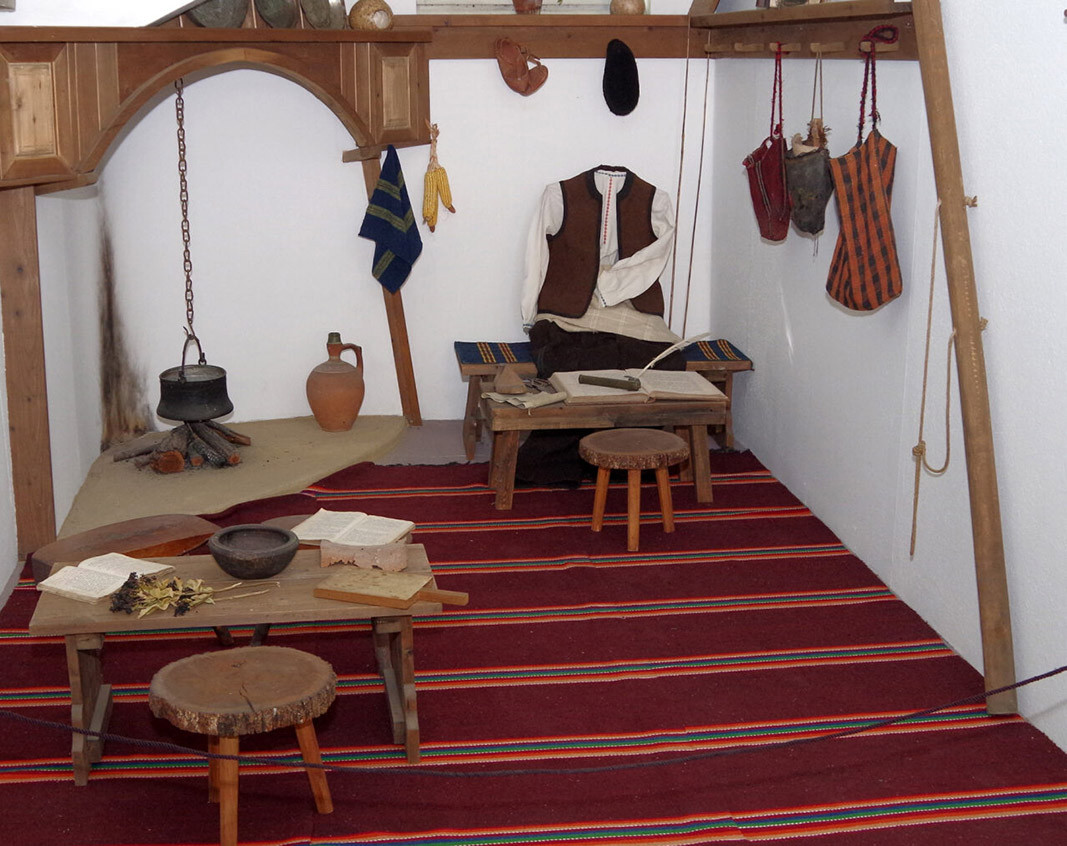 Later, the mutual tuition schools also did not have a specific date for the beginning and end of the school year.It mostly depended on for what period of time the teacher was hired. Habitually the contracts were for the six months from St. Dimitar's Day (October 26) to St. George's Day (May 6)."
Later, the mutual tuition schools also did not have a specific date for the beginning and end of the school year.It mostly depended on for what period of time the teacher was hired. Habitually the contracts were for the six months from St. Dimitar's Day (October 26) to St. George's Day (May 6)."
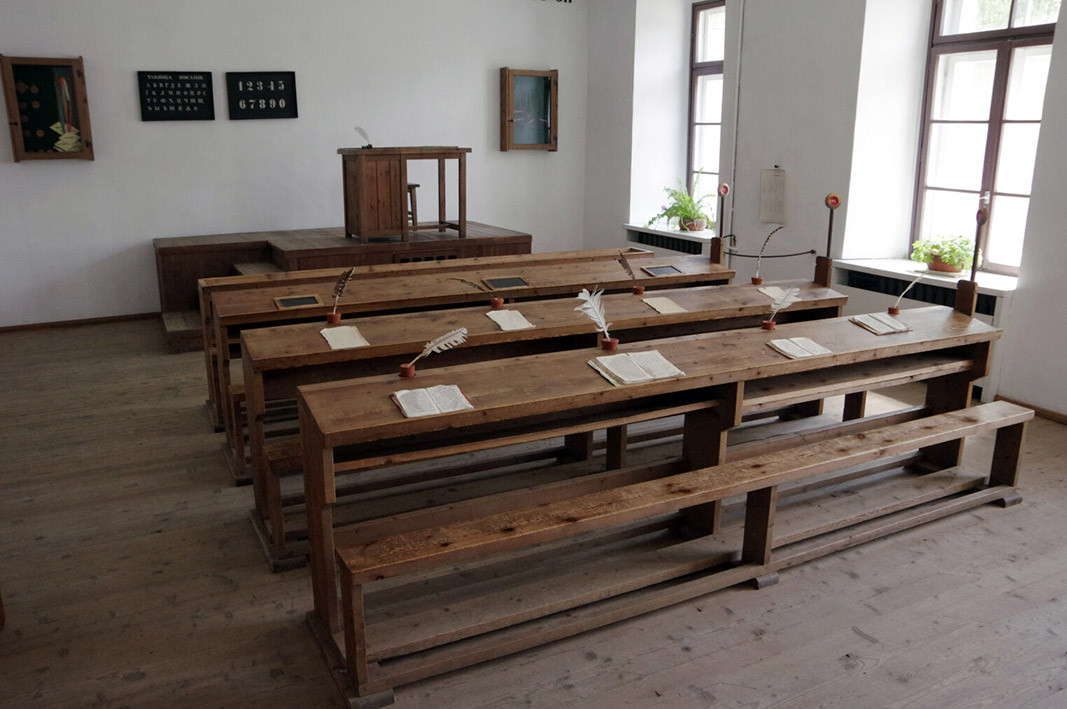 The first school laws were drawn up in the middle of the 19th century and established a more or less fixed school year. It would start at the end of August or the beginning of September and end in June, with school starting 2-3 months later for children who were engaged in farm work.The length of the school year was fixed at the teachers' and diocesan councils in the 1870s, until the "Statute of rural schools" was drawn up at the 1873 Teachers' Congress in the town of Shumen. According to it, the school year for rural schools should be 9 months. The Congress decided that the primary education of children would be compulsory and that the school year would begin on 15 September immediately after the Day of the Holy Cross (14 September).
The first school laws were drawn up in the middle of the 19th century and established a more or less fixed school year. It would start at the end of August or the beginning of September and end in June, with school starting 2-3 months later for children who were engaged in farm work.The length of the school year was fixed at the teachers' and diocesan councils in the 1870s, until the "Statute of rural schools" was drawn up at the 1873 Teachers' Congress in the town of Shumen. According to it, the school year for rural schools should be 9 months. The Congress decided that the primary education of children would be compulsory and that the school year would begin on 15 September immediately after the Day of the Holy Cross (14 September).
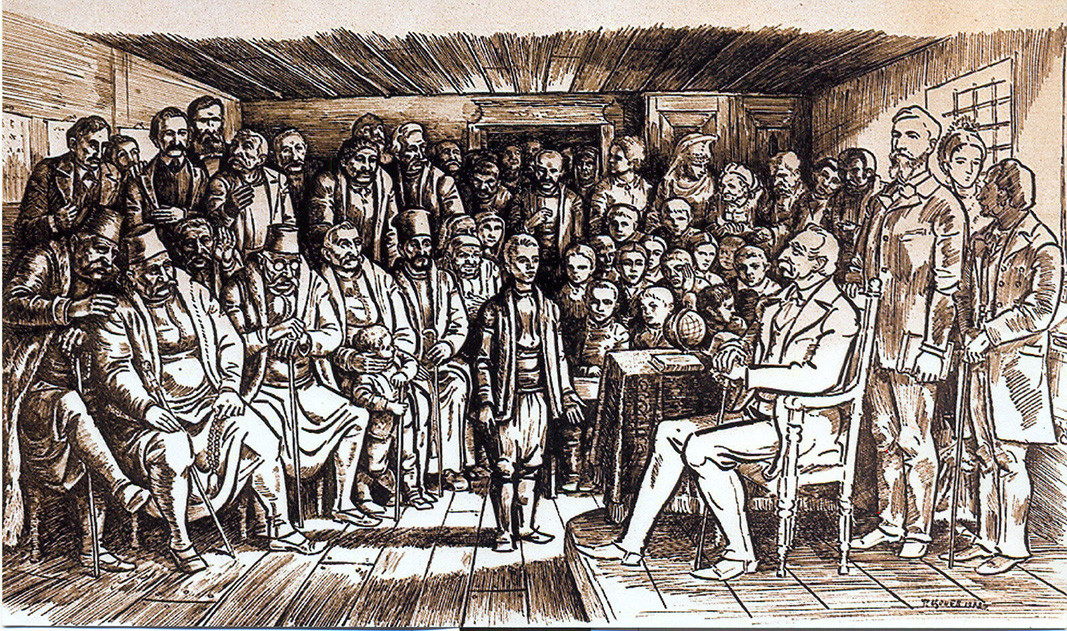 "After the Liberation the tradition was continued - says Veselin Lazarov in an interview with Radio Bulgaria. - Gradually, legislative acts established the basic guidelines and structure of school organisation - the very organisation that still exists today. In 1879 the date of 1 September was set for the beginning of the school year. The following year, it was decided that the school year would last 10 months in the towns and between 7 and 8 months in the villages because of the children's involvement in agricultural work. This legal framework was maintained until 1885."
"After the Liberation the tradition was continued - says Veselin Lazarov in an interview with Radio Bulgaria. - Gradually, legislative acts established the basic guidelines and structure of school organisation - the very organisation that still exists today. In 1879 the date of 1 September was set for the beginning of the school year. The following year, it was decided that the school year would last 10 months in the towns and between 7 and 8 months in the villages because of the children's involvement in agricultural work. This legal framework was maintained until 1885."
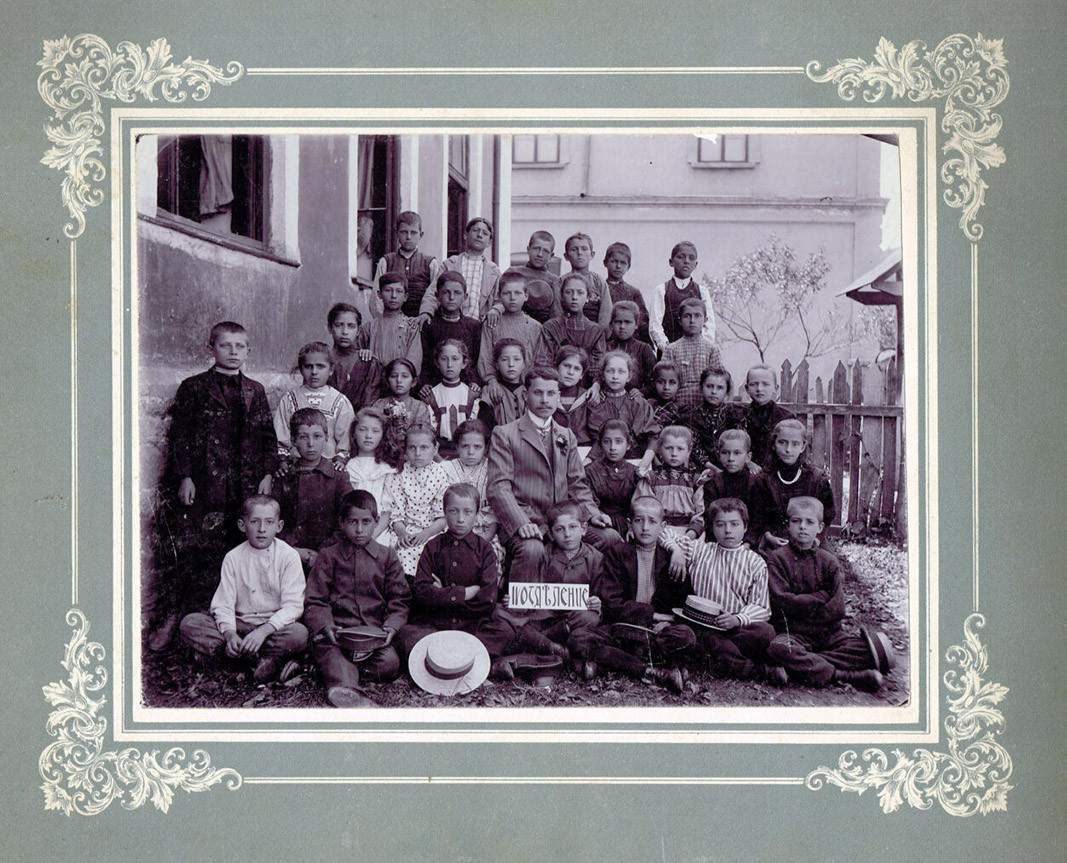 The administration of the Minister of Education Stoyan Omarchevski (1920-1923) introduced a number of reforms in education, including the organization of the teaching process. The school year for towns was to begin on 15 September and end on 12 July, while for rural schools it ended a month earlier, on 15 June. During World War I, the end of the school year was observed with one exception - in cities, children finished school three weeks earlier.
The administration of the Minister of Education Stoyan Omarchevski (1920-1923) introduced a number of reforms in education, including the organization of the teaching process. The school year for towns was to begin on 15 September and end on 12 July, while for rural schools it ended a month earlier, on 15 June. During World War I, the end of the school year was observed with one exception - in cities, children finished school three weeks earlier.
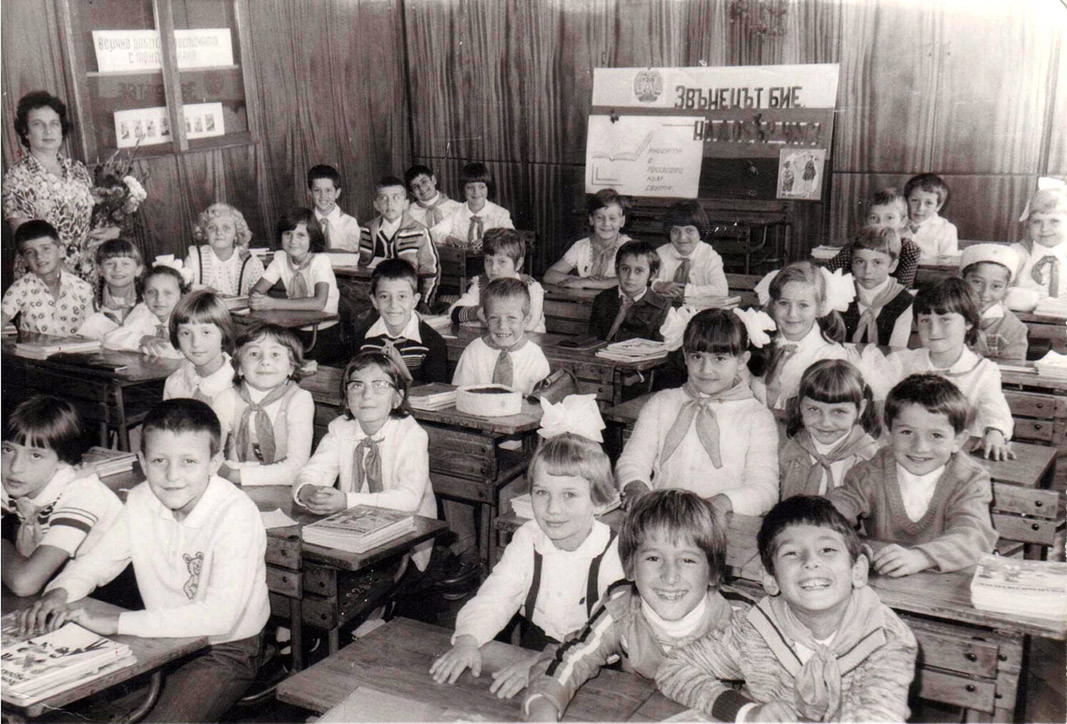 "In 1952, a change was introduced to synchronize the academic year with the Soviet educational system so that school would begin on September 1 and end on May 30. The model proved to be inapplicable to the Bulgarian education system and its long-standing traditions - explains Veselin Lazarov - and from 1957 onwards the start of the school year has been 15 September."
"In 1952, a change was introduced to synchronize the academic year with the Soviet educational system so that school would begin on September 1 and end on May 30. The model proved to be inapplicable to the Bulgarian education system and its long-standing traditions - explains Veselin Lazarov - and from 1957 onwards the start of the school year has been 15 September."
In 2011, the then education minister Sergey Ignatov made an unsuccessful attempt to bring back the date of 1 September. In 2022, there was another effort to reintroduce the start of the school year on the 1st or on the 7th of September.
But this year, once again, all students in the country start school on September 15.
Good luck to them and their teachers!
Bulgaria celebrates National Reading Day on the third Friday of November. The Reading Foundation is leading the initiative under the motto: “Read. For Real”. According to the OECD's PISA 2022 study, 53% of 15-year-old students in Bulgaria have..
On November 21–22, 2025, the 11th edition of the Career Fair will take place at the John Atanasov Hall in Sofia Tech Park. The forum aims to support early career orientation for young people in Bulgaria and is organized by the Bulgarian Global..
From fear and doubts to joy and support – Bulgarians react differently to the upcoming introduction of the euro on January 1, 2026. For some, it is a logical step towards Bulgaria’s integration into the EU with promises of stability..

+359 2 9336 661
